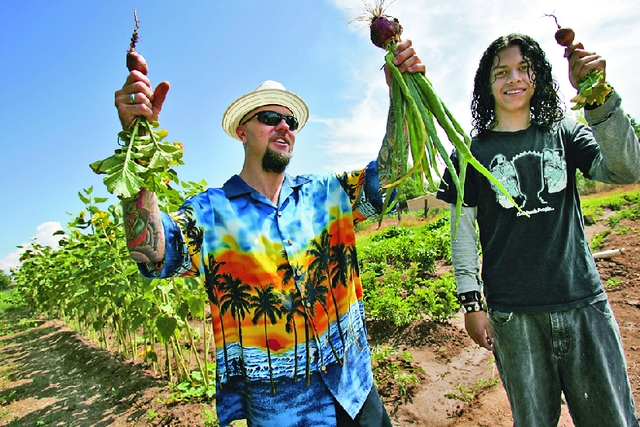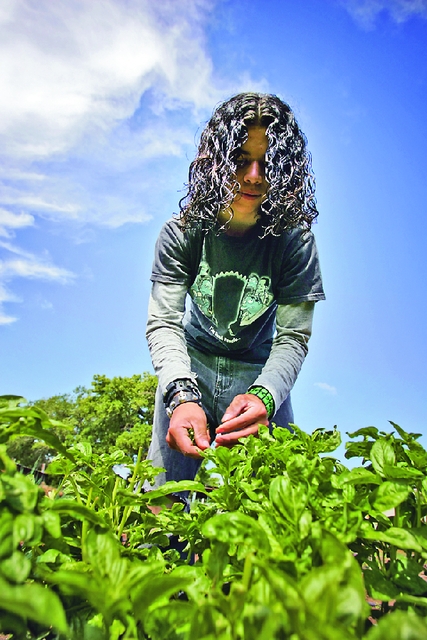Rock Star Farming
South Valley Academy’s Dragon Farm Takes Root


Martinez tends to a crop.
Xavier Mascareñas
Latest Article|September 3, 2020|Free
::Making Grown Men Cry Since 1992


Martinez tends to a crop.
Xavier Mascareñas

